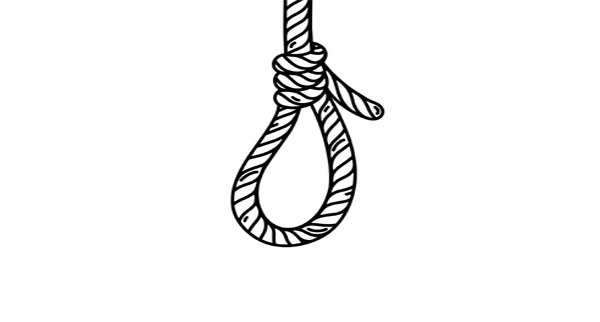Astana/New Delhi, July 4 (UNI) Prime Minister Narendra Modi on Thursday highlighted terrorism as the foremost challenge facing SCO nations, and said that it continues to be used by nations as a tool of destabilisation.
In his remarks at the extended format Meeting of the SCO Council of Heads of States in Astana, which were delivered by External Affairs Minister S. Jaishankar who was present at the meeting, the PM said that India has had its own experiences with cross-border terrorism – in a clear reference to Pakistan, whose Prime Minister Shehbaz Sharif was present in the room.
“Let us be clear that terrorism in any form or manifestation cannot be justified or condoned. Harbouring terrorists must be strongly condemned. Cross-border terrorism requires a decisive response and terrorism financing and recruitment must be effectively countered,” the PM said.
“The SCO must never waver in its commitment. We cannot have double standards in this regard,” he stressed.
Speaking about geo-economics, the PM said that the need of the day is to create multiple, reliable and resilient supply chains.
He suggested that ‘Make in India’ can add to the engines of global growth and help democratize the global economy. “India is open to partnering with others in capacity building, especially nations of the Global South,” he said.
On technology, he said that while it holds great promise and is a game changer on both development and security, but the digital era needs more trust and transparency. “India has shown that digital public infrastructure and digital financial inclusion can make such a huge difference. Both were discussed during our SCO Presidency. They also expand the scope for international cooperation, involving SCO members and partners,” he said.
Speaking on connectivity linkages, the PM said that this requires the joint efforts of many. “It must also be respectful of sovereignty and territorial integrity of states and be built on the foundation of non-discriminatory trade and transit rights to neighbours.”
He mentioned the progress made on the Chabahar port recently through a long-term agreement between India and Iran, which last year became a member of the SCO. He said that Chabahar port holds great value for landlocked Central Asian states and also de-risks commerce between India and Eurasia.
On Afghanistan, the PM said: “We have a historical relationship between our peoples that is the bedrock of our ties. Our cooperation covers development projects, humanitarian assistance, capacity building and sports. India remains sensitive to the needs and aspirations of the Afghan people.”
The PM’s remarks on Afghanistan come as Pakistan’s ties with Kabul have become strained due to incidents of terrorism in Pakistan’s restive Khyber Pakhtunkhwa province which Islamabad has blamed on the Tehreek-e-Taliban Pakistan militants operating from Afghan soil.
On reform of the United Nations and other multilateral organisations, the PM said that the SCO extended family “shares a commitment to reform the current international order. This is only possible when those efforts extend to the United Nations and its Security Council. We hope that in the near future, we can develop a strong consensus on the way ahead”.
“India has contributed significantly to enhancing the economic agenda of the SCO. We have institutionalized mechanisms like SCO Startup Forum and Special Working Group on Startup and Innovation. With a 130,000 Startups in India, including 100 unicorns, our experience can be useful to others.
He mentioned the WHO’s Global Center for Traditional Medicine in Gujarat and said in SCO, India has taken the initiative for a new SCO Working Group on Traditional Medicine.
He said India is committed to further building on enhancing education, training, and capacity-building which are key pillars of India’s international cooperation.
He also pressed for English to be given the status of third official language in the SCO, where Mandarin and Russian are the two official languages.
“As more countries seek association with SCO as Observers or Dialogue Partners, we must strive to communicate better and deepen our consensus. Granting English the status of a third official language will be crucial.”
He congratulated Kazakhstan for hosting a successful Summit and extended best wishes to China for the upcoming presidency of SCO.











